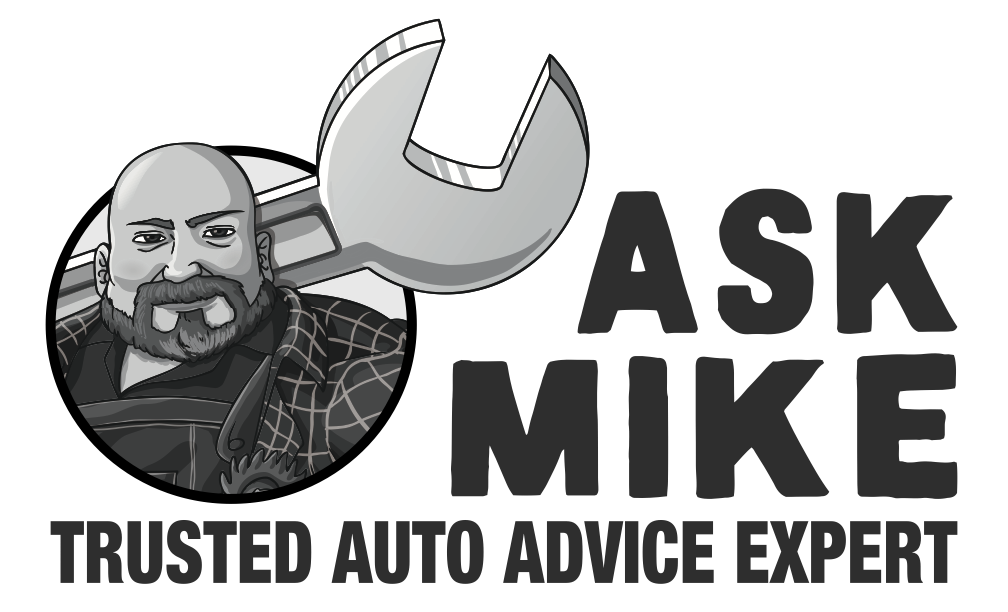Dear Mike,
I’m currently in the market for a Volkswagen TDI and was wondering if there are any specific maintenance requirements I should know about. I’ve always been told that diesel engines require a little extra attention, but I’m not entirely sure what that entails. Are there certain fluids or parts that need to be changed more frequently? Are there any common issues that TDI owners run into that I should be aware of?
Any advice you could provide would be greatly appreciated!
Best regards,
Mauricio
Dear Mauricio,
First of all, let me congratulate you on your wise decision to join the Volkswagen TDI club. These vehicles are a perfect combination of performance, fuel efficiency, and environmental friendliness. But let’s not forget that behind all of that technology, still lurks the heart of a diesel engine, which requires some extra attention to keep it running smoothly.
The good news is, you’ve already identified one of the most important aspects of TDI maintenance, which is changing your engine air filter and fuel filter on a regular basis. Now, I hope you don’t think I’m being too forward when I suggest you treat these filters like gym socks: don’t wait until they’re so clogged you could knit a sweater out of them. Make sure you check your owner’s manual for recommended intervals for both filters, and stick to them religiously. Otherwise, you’ll soon find yourself in the expensive and time-consuming world of fuel pump and injector replacement. Trust me, it’s not a club you want to join.
Another maintenance tip to keep in mind is checking your engine oil level and quality on a regular basis. Because diesel engines operate at higher temperatures and pressures than gasoline engines, they tend to burn more oil. That means you’ll need to top off your oil more frequently than you would with a gas engine. And while we’re on the subject of oil, make sure you’re using the manufacturer-recommended type of oil for your TDI. Don’t skimp on quality, because lower-quality oil can cause expensive problems down the line.
Now, let’s talk about some common issues you might encounter as a TDI owner. One thing to keep in mind is that, because diesel engines require high fuel pressures to operate, the fuel injectors can be quite sensitive. If you notice any hesitation or roughness in your engine, or if you’re experiencing loss of power or fuel economy, it’s important to get your injectors checked out right away. Also, keep an eye out for any warning lights on your dashboard, such as the infamous “check engine” light. Don’t ignore them or assume they’ll go away on their own. Get your TDI to a qualified mechanic who has experience working with Volkswagen diesels.
Finally, in addition to regular maintenance, there’s one thing you can do to ensure your TDI stays in top shape: drive it like you love it. Diesels love to be driven hard and put through their paces, so don’t baby it too much. Let your TDI stretch its legs on the open road, and you’ll be rewarded with better fuel economy, better performance, and a happier engine overall.
So, to sum up, Mauricio: keep those filters fresh, top off your oil regularly, use high-quality diesel fuel and the correct oil for your TDI, and give your engine a good workout from time to time. Follow these tips, and you’ll be able to enjoy all the benefits of your TDI for years to come.
Take care, and happy driving.
Sincerely,
Mike Urban
Founder, Urban Automotive
